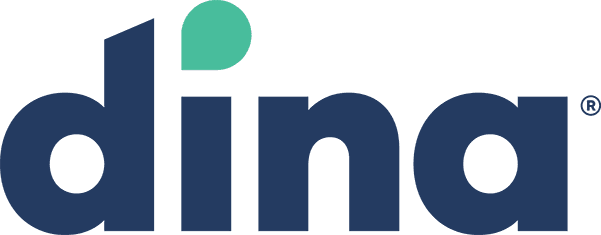A growing number of erroneous discharges of patients from skilled nursing facilities (SNFs) around the country is concerning. SNFs maintain that these usually arise as a result of mental or behavioral problems, patient distress, or payment issues. But regulators have taken notice of this worrying trend of improper, and even sometimes illegal, discharges and are concerned about the possible negative effects it could have on the safety and well-being of the affected patients/residents and their families. In a bid to combat it, the Centers for Medicare and Medicaid Services (CMS) announced that it was considering rolling out a new initiative.
The initiative will encompass proposed solutions such as “surveyor and provider training, intake and triage training, and civil money penalty (CMP)-funded projects.” The initiative will also see the CMS embarking on:
- Programs focused on educating patients and their families of their rights in SNFs.
- Training programs for SNF staff on how to handle patient distress.
- The formation of teams of healthcare professionals to offer support to SNFs, lessening the risk of self-harm or harm to others when a patient is displaying worrying signs of distress.
- The creation of groups that are dedicated to nursing facility issues like resident placements and transitional care, as well as dementia or other memory-related issues
What can Skilled Nursing Facilities do to Make Sure they are in Compliance?
It is now, more than ever, imperative that SNFs adopt proper documentation systems and meticulous transition processes to help them avoid carrying out erroneous discharges, and in the event of necessary discharges that may be misconstrued as improper, protect themselves from litigation and penalties that may be imposed by the CMS.
Being prepared with accurate and detailed documentation of patients/residents in their facilities can make the difference between being penalized or not. This is because proper documentation shows two very important things that regulators will need to know:
- The behavior or circumstances necessitating the discharge of the patient
- That due process was followed in the time leading up to and during the discharge itself.
Proper documentation will also help the SNFs to make the right decision on whether the patient should be discharged or not in the first place. It allows the review of all pertinent facts relating to each individual patient’s case, supporting careful decision-making and thereby avoiding instances of improper discharge.
Prepared Health helps clinicians and case managers keep better track of all patient-related communication regarding discharges and transfers to other post-acute care providers. In a situation where a discharge is being investigated for propriety or otherwise, the SNF will be able to rightly shield itself from civil money penalties and possible litigation. With the use of DINA™, SNFs can also be empowered by evidence-based transitions, allowing the AI technology to make real-time care recommendations to the providers based on relevant data. The platform not only supports a streamlined transition process and greater visibility into partnered providers, it also allows for a SNF to protect its reputation in the eyes of the CMS, the patients, and the public at large.




